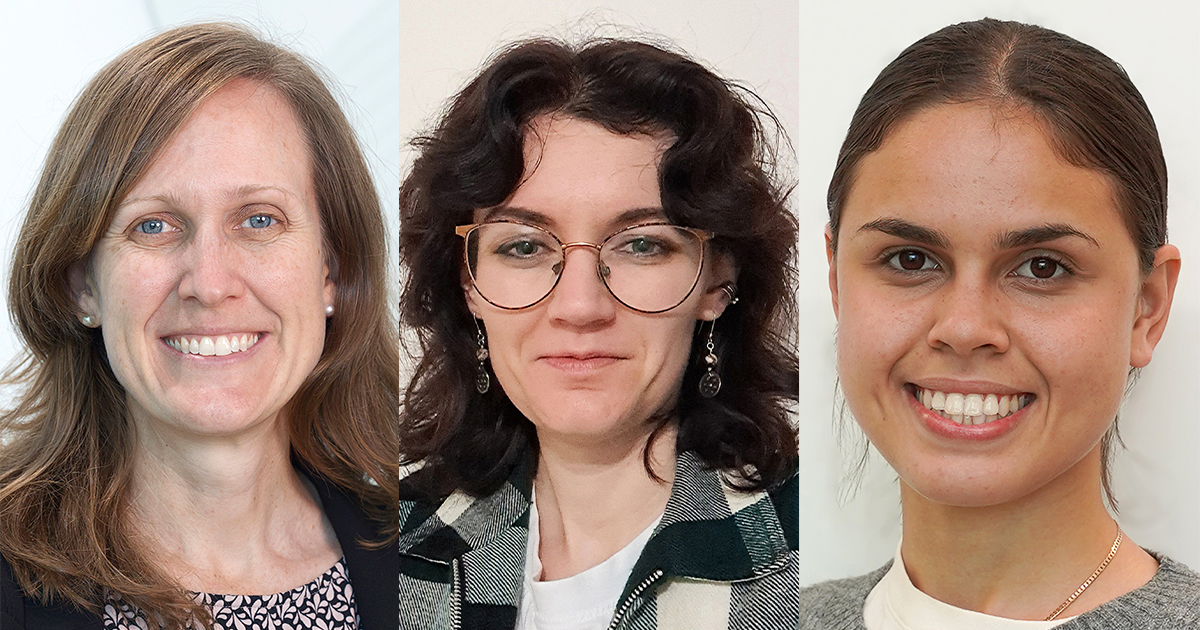Search
Research
The Staphylococcus aureus Network Adaptive Platform Trial Protocol: New Tools for an Old FoeStaphylococcus aureus bloodstream (SAB) infection is a common and severe infectious disease, with a 90-day mortality of 15%-30%. Despite this, <3000 people have been randomized into clinical trials of treatments for SAB infection.
Research
Starting the SToP trial: Lessons from a collaborative recruitment approachRecruitment in research can be challenging in Australian Aboriginal contexts. We aimed to evaluate the SToP (See, Treat, Prevent skin infections) trial recruitment approach for Aboriginal families to identify barriers and facilitators and understand the utility of the visual resource used.
Research
The burden of atopic dermatitis and bacterial skin infections among urban-living Indigenous children and young people in high-income countries: A systematic reviewA high burden of bacterial skin infections is well documented in remote-living Indigenous children and young people in high-income countries.
Research
Body distribution of impetigo and association with host and pathogen factorsImpetigo or skin sores are estimated to affect >162 million people worldwide. Detailed descriptions of the anatomical location of skin sores are lacking.
Research
Skin Health in Northern AustraliaAchieving healthy skin requires the prevention of infectious diseases that affect the skin. Prevention activities range from environmental health improvements to address inequities in living situations, through to community-wide treatment programs to reduce transmission and improve skin health.
Research
Harmonizing Surveillance Methodologies for Group A Streptococcal DiseasesGroup A Streptococcus (Strep A) is responsible for a significant global health and economic burden. The recent prioritization of Strep A vaccine development by the World Health Organization has prompted global research activities and collaborations. To progress this prioritization, establishment of robust surveillance for Strep A to generate updated regional disease burden estimates and to establish platforms for future impact evaluation is essential.
Research
In vitro antibacterial activity of Western Australian honeys, and manuka honey, against bacteria implicated in impetigoImpetigo is a contagious skin disease caused by Staphylococcus aureus and Streptococcus pyogenes. Without treatment, impetigo may be recurrent, develop into severe disease, or have serious, life-threatening sequelae. Standard treatment consists of topical or systemic antibiotic therapy (depending on severity), however, due to antibiotic resistance some therapies are increasingly ineffective.

News & Events
Triple triumph for The Kids at 2025 Premier’s Science AwardsThree researchers from The Kids Research Institute Australia were recognised as being among Western Australia’s brightest and most innovative scientific minds at last night’s 24th Premier's Science Awards.
Research
Skin health situational analysis to inform skin disease control programs for the KimberleyAsha Bowen BA MBBS DCH FRACP PhD GAICD FAHMS OAM Head, Healthy Skin and ARF Prevention Head, Healthy Skin and ARF Prevention Areas of expertise: Skin
Research
Prevention of bacterial complications of scabies using mass drug administration: A population-based, before-after trial in Fiji, 2018–2020Scabies is an important predisposing factor of impetigo which can lead to serious bacterial complications. Ivermectin-based mass drug administration can substantially reduce scabies and impetigo prevalence in endemic settings, but the impact on serious bacterial complications is not known.
